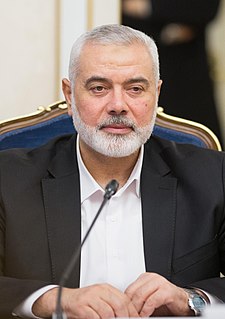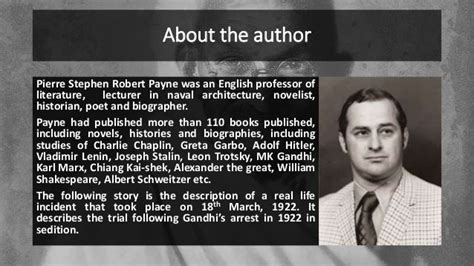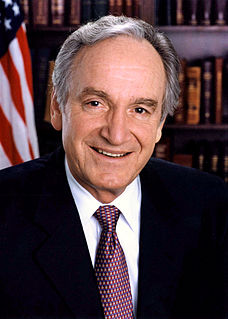A Quote by Eric Alterman
Half the U.S. population owns barely 2 percent of its wealth, putting the United States near Rwanda and Uganda and below such nations as pre-Arab Spring Tunisia and Egypt when measured by degrees of income inequality.
Related Quotes
Even after the whole democratization process, it's quite clear that the United States are not seen in a positive way in all the Muslim-majority countries - in Egypt, in Libya, even in Tunisia - even though we have now a kind of trying to be recognized as democrats by the Islamists who are running, you know, Tunisia and Egypt. But the popular sentiment is very, very negative.
In Egypt the neoliberal programs have meant statistical growth, like right before the Arab Spring, Egypt was a kind of poster child for the World Bank and the IMF [International Monetary Fund:] the marvelous economic management and great reform. The only problem was for most of the population it was a kind of like a blow in the solar plexus: wages going down, benefits being eliminated, subsidized food gone and meanwhile, high concentration of wealth and a huge amount of corruption.
The bottom quarter of the human population has only three-quarters of one percent of global household income, about one thirty-second of the average income in the world, whereas the people in the top five percent have nine times the average income. So the ratio between the averages in the top five percent and the bottom quarter is somewhere around 300 to one - a huge inequality that also gives you a sense of how easily poverty could be avoided.
Some socialist movements in Egypt, Tunisia and Bahrain, for instance, were genuine. I was making films about the so-called Arab Spring, and I'm well aware of how complex the situation really was. But it goes without saying is that the West immediately infiltrated and 'derailed' the revolutions, turning them into what you have described.
The burning issue of our time is the growing inequality in income and wealth in our country, and it's got to be addressed. We've got to stop it. It's eroding our politics. It's separating our society into the haves and the have-nots. It's condemning a whole younger set of our population to not be able to enter the middle class. And, it hits hardest in the prairie areas of the United States, our small towns and communities, where the jobs just aren't available and the incomes are low.
What democratic socialism is about is saying that it is immoral and wrong that the top one-tenth of 1 percent in this country own almost 90 percent - almost - own almost as much wealth as the bottom 90 percent. That it is wrong, today, in a rigged economy, that 57 percent of all new income is going to the top 1 percent. That when you look around the world, you see every other major country providing health care to all people as a right, except the United States.


































